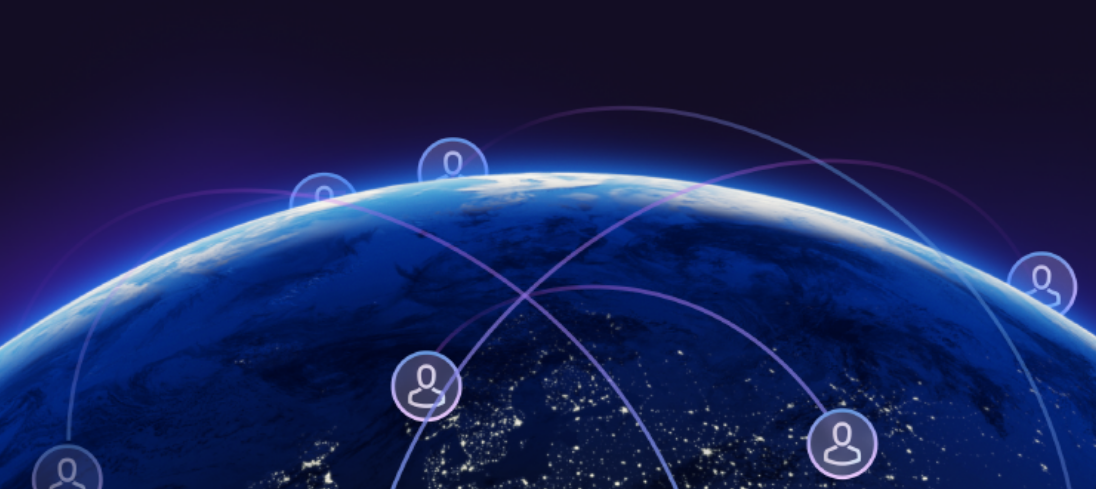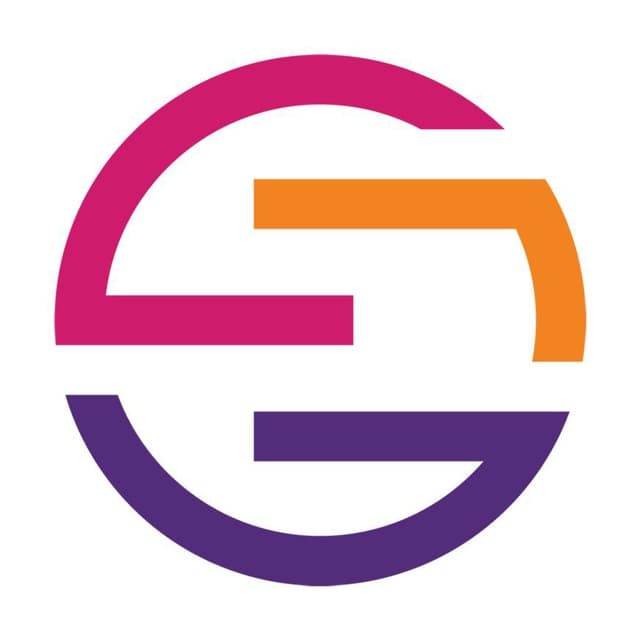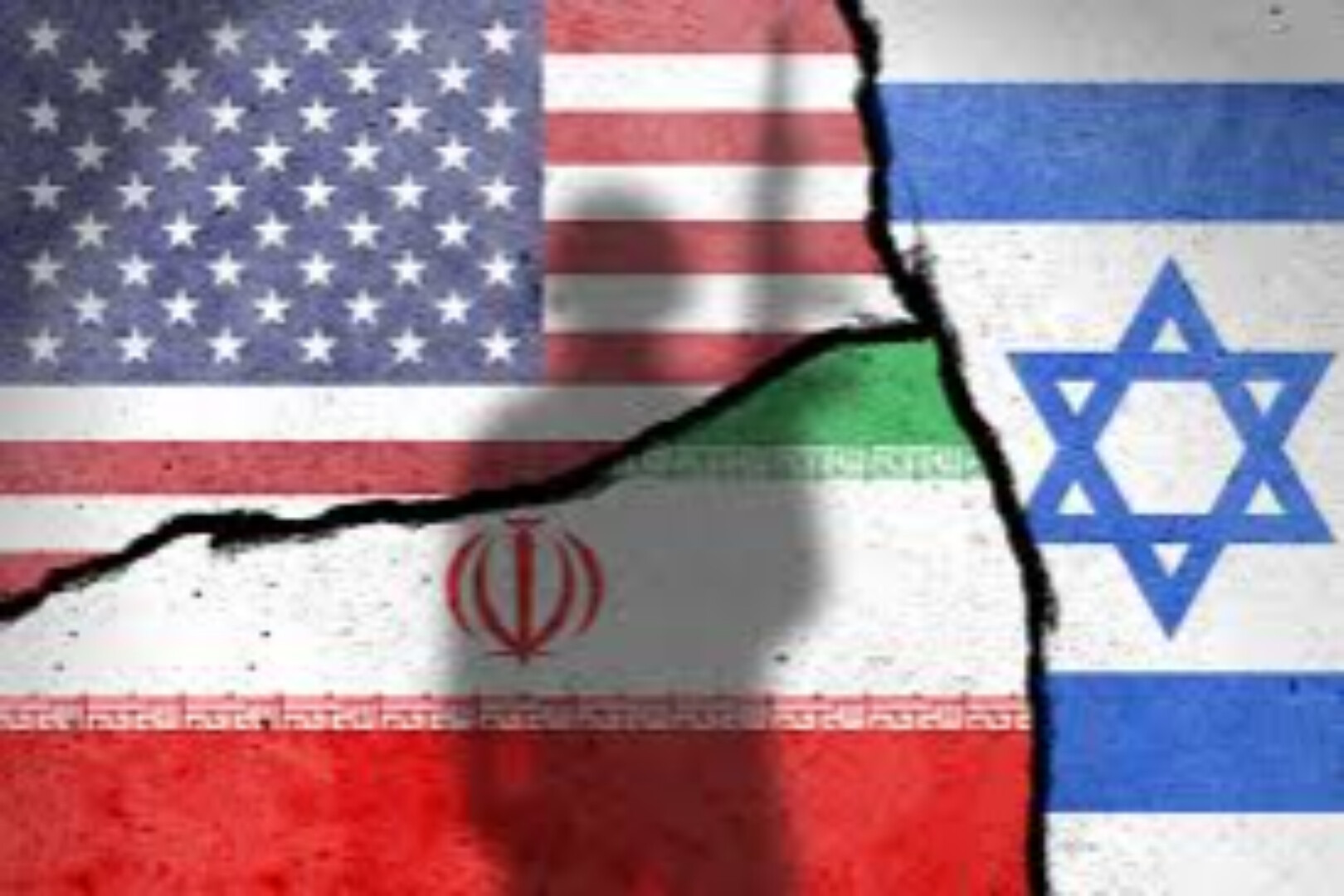What is the sharing economy in the Web3 era?
Someday we'll look back at the 20th century and wonder why we have so much stuff.

That's the first line of an article in Time magazine called "10 Ideas That Changed the World," written in 2011. The discussion centered on the sharing economy, and a decade later, that view has been proven correct. According to Statista, the sharing economy will be worth $335 billion by 2025, up from $14 billion in 2014. Here we explore what it is, its shared history, use cases, some of the reasons for its meteoric rise, and how it fits into World Mobile.
So, what is the sharing economy?
What is the sharing economy? How does it have the potential to change the way we live?
The definition of sharing economy is: at the present stage, it is mainly manifested as a new economic form that uses network information technology to optimize the allocation of scattered resources through the Internet platform and improve utilization efficiency.
Airbnb
This is the most common example in the sharing economy, perhaps because the way the business started seems to be the purest version of that model, A owns something they don't use very often. B can use it in exchange for a fee. In 2007, two roommates in San Francisco heard that hotel rooms were hard to find for people attending a local convention, so they bought an air mattress and small desk for their loft and advertised the space for rent for less than a hotel. The business is now worth $130 billion, and has expanded its offerings from shared rooms in someone's home to entire properties exclusively rented out.
Stashbee
The London-based startup bills itself as the "Airbnb of storage". They allow users to earn income from their unused storage space by lending it to those in need.
Zipcar
The founders wanted to reduce their reliance on one-person cars, so they created a car-sharing platform where you can rent a car by the minute, hour, or day. Zipcar was later acquired by Avis Budget Group for about $500 million, allowing the latter to gain a foothold in the sharing economy while also retaining its traditional car rental business.
There can be blurred lines on what the sharing economy is, prompting Diane Coyle and Shane O'Connor to develop a more precise definition of the term, as part of their Center for Excellence in Economic Statistics part of the research. Unsurprisingly, they say that sharing is a fundamental part of the sharing economy. Individuals can monetize assets they own but don't always use, such as a spare room, driveway, or even a piece of clothing. A community that shares investment costs and maintains the responsibilities and benefits of investing is also part of the sharing economy.
historical process
Shared resources were born naturally from the beginning. It was thought that hunter-gatherers shared almost everything. According to Sam Bowles, an American economist and professor emeritus at the University of Massachusetts, ownership only arose when humans began farming and claiming certain lands, animals, and buildings as their own.
But throughout history, communities facing adversity have sometimes reverted to some form of sharing, such as community distribution in Germany in the 19th century and rural electric cooperatives in the United States a century later.
Another key part of the sharing economy, Coyle and O'Connor conclude, is trust. Without trust, collaboration fails. So while lending someone in exchange for something else is an old story, the addition of the internet and mobile phones helps people find what they're looking for and feel confident about the transaction itself. Feedback and rating systems pioneered by online platforms such as eBay help build this trust. While no one has yet mastered a successful standardized peer rating system (so you have to start from scratch on each new platform), blockchain technology can change that, building trust even further.
How can blockchain build better shared trust?
Intermediaries such as lawyers and banks have historically provided trust in transactions, but they have come at a price.
There are many benefits to contacting business partners directly. Blockchain removes any middlemen by storing data in blocks that are "chained" together rather than in a centralized location.
The data - which can be any business information - cannot be tampered with because every computer in the network needs to check that the transaction is valid. It is this technology that creates trust. The integration of blockchain creates a decentralized network run by people with complete privacy guaranteed.
ownership access
Consumerism has been a dominant trend across the globe for the past 100 years, so the shift to being content with acquiring something rather than owning it feels like going back to the ways of our ancestors, but with digital technology making a difference. Those of us in countries with internet access are happy to store our photos in the cloud, choose tonight's movie from Netflix, and stream our new favorite album without owning it.
Reduce costs through the sharing economy
I guess it depends on why people do it. People can get something, albeit temporarily, that they neither want to spend nor afford if they pay full price instead of rent. So those who do want to drive a specific sports car or wear a specific badge can now do so, as long as they're willing to return it.
Having said that, Coyle and O'Connor's findings suggest that another key factor for those participating in sharing economy platforms is non-financial motivation. They said people on both sides of the transaction expressed various sustainable and community-related reasons for choosing this approach.
It shows that this shift isn't just about money; it's about wanting to make choices that are good for the world we live in.
The sharing economy is more environmentally friendly
Owning less "stuff" is better for the environment, and the advent of apps encourages people to rent clothes instead of faster fashion, rent other household items, and unwanted food waste. The most important contributor to climate change in the United States is transportation emissions, so in cities with increasing population densities, shared vehicles can have a positive impact on this.
The sharing economy and a sense of community
Another benefit is that the sharing economy is a more personal choice. This is the sense of community and connection we feel when participating in peer-to-peer transactions. Research by PwC found that 89% of people familiar with the sharing economy agree that it is based on trust between providers and users, and 73% agree that it helps build stronger communities. These numbers are pre-pandemic; the social impact of COVID-19 has made most of us value community and connection now more than ever.
What's next for the sharing economy?
While the term is still not clearly defined, that hasn't hindered the industry's success. Sectors such as transportation, accommodation and entertainment are expected to continue to grow, but it's not just products available for "hire". This is also the age of people. Peer-to-peer platforms like TaskRabbit allow users to book people in to help them with tasks, from putting away dry cleaning to assembling new flat-panel furniture. Blockchain platform Cardano -World Mobile Tokenis one of the first native tokens - yespeer-to-peer modelAnother example, allowing the entire network to be decentralized.
Financial services and energy are also areas expected to thrive, with more projects like the Brooklyn Microgrid allowing residents to sell green energy to their neighbors via blockchain and smart meters.
Some see the impact of the coronavirus pandemic on so-called sharing economy brands such as Uber, WeWork and Airbnb, and question whether the boom is over. But as mentioned above, the pandemic has actually reminded us all of the importance of digital technology and community. Since this is the foundation of the sharing economy, companies that really focus on it, rather than those that just want to make money, should (ironically) get a slice of the $335 billion pie.
How World Mobile is using the sharing economy to connect the unconnected
With our mission to connect the nearly 4 billion unconnected people around the world, anyone can own part of the World Mobile network and share in the rewards. The introduction of the sharing economy reduces the current operating and maintenance costs faced by traditional telecommunication and shares thebridging the digital divideResponsibility.
Since the World Mobile distributed network runs onWorld Mobile Token (WMT) on, so the model is highly scalable from a deployment point of view. Instead of relying on centralized network operators to analyze changing capacity and demand, network growth is driven by the communities that need it most. These communities and businesses become node operators, sharing the profits and profiting from providing local coverage - enabling World Mobile to go further and connect the unconnected.



